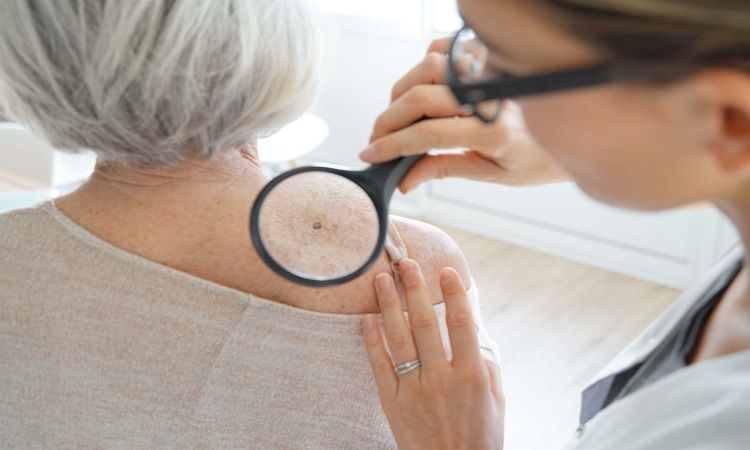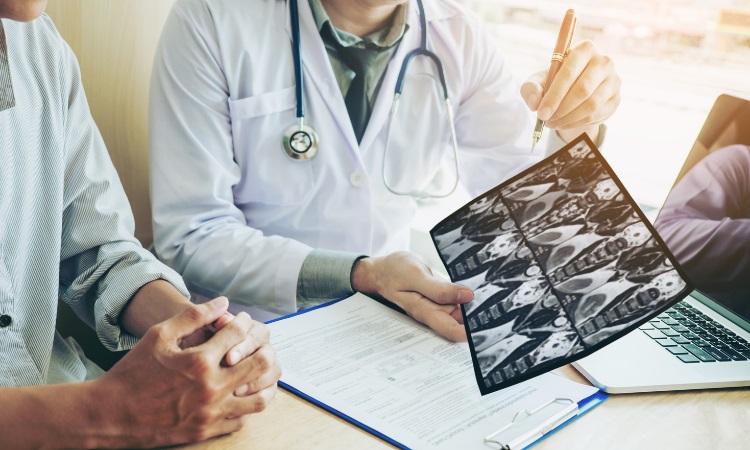Mutations in DNA – the string of chemicals that your cells use to carry out instructions – cause cancer. Errors in the sequence lead cells to behave dysfunctionally, causing them to divide and multiply when they shouldn’t, leading to tumors.
Gene mutations do three things that make cancer more likely.
First, mutations allow cells to grow more rapidly. Cancer cells typically divide faster than regular cells, damaging tissues and preventing them from carrying out their regular duties. Second, mutations can destroy cells’ failsafe mechanisms to prevent uncontrolled division and growth. And, thirdly, some mutations can hog cellular DNA repair resources, causing cancerous mutations elsewhere on the genome to go unchecked.



